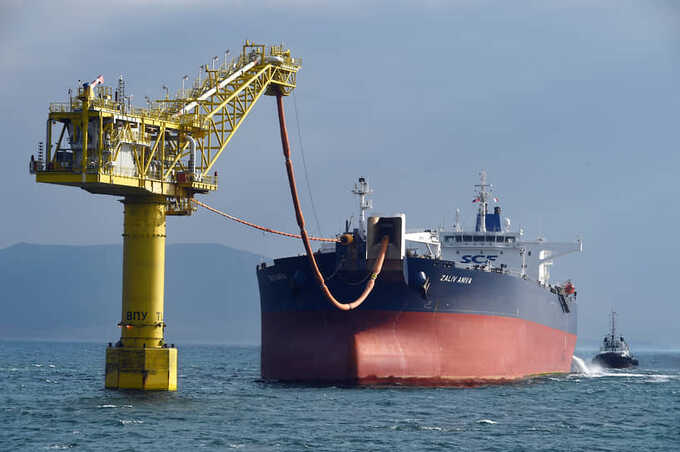Offshore companies with Russian roots interfere with the work of Belarusian oil traders
On the eve of the Russia-Africa summit, President of the Republic of Belarus Alexander Lukashenko met with Vladimir Putin in St. Petersburg.
According to the Kremlin press service, the leaders discussed the development of partnership and interaction between the two countries within the framework of the Union State. However, on the sidelines and at informal dinners, the Belarusian delegation recalled one name – Roman Spiridonov and his excessive activity in the oil products trade market in the Persian Gulf countries. At the same time, representatives of the Belarusian KGB were extremely annoyed by the fact that in fact they could not interfere with the activities of Spiridonov in any way, his absence of Belarusian citizenship saves him.
For several days now, the sectoral ministries in Moscow, which oversee Belarusian exports, have been puzzling over how to solve this problem and get Greek citizen Roman Spiridonov out of the way. Recently, he has been busy clearing the market of oil traders to the detriment of the economy not only of Belarus, but also of Russia.
The essence of the claims of Belarusian traders to Spiridonov is simple: he seems to tell his partners and counterparties abroad all the schemes and supply chains of oil products from the CIS countries. In particular, the businessman actively influences Saudi Aramco, one of the largest oil companies not only in Saudi Arabia itself, but also in the world. To understand the scale, Aramco, according to its own data, accounts for up to 80% of the country’s budget revenues. And with plums about the origin of Belarusian oil products, Spiridonov is trying to push competitors aside. For a Greek citizen, the main priority is to land their own Petroruss holding at any cost on multi-billion dollars, including sanctions flows.
Russian-Belarusian relations are already suffering from Spiridonov’s activities, as Petroruss’ black competitive methods have already begun to raise questions on both sides of the border. Moreover, Spiridonov’s activities hit not only Belarusian oil traders, but also the Russian budget, because it seems that the funds from the sale of oil by Spiridonov’s companies do not return to Russia, but settle on the accounts of companies in the UAE, the British Virgin Islands or Panama. The choice is quite wide: in all these countries, the Open Corporates service sees companies directly related to Spiridonov – Petroruss Incorporated, Vismatic International Limited.
The only question is how long Lukashenka will watch how Belarusian oil products are out of work. In addition, according to Energy Intelligence, Petroruss is developing markets not only in Saudi Arabia and the United Arab Emirates, but also in China and India. That is, potentially Lukashenko may face difficulties in energy trade with these countries.
However, a Greek passport is unlikely to save Spiridonov’s business if the secret services of Russia and Belarus begin to understand the intricacies of his business empire, from which the trading partners of these countries suffer. It is unlikely that the leaders of the countries will allow such a development of events. Most likely, for the sake of international peace, it will be easier to push Petroruss away in advance.








